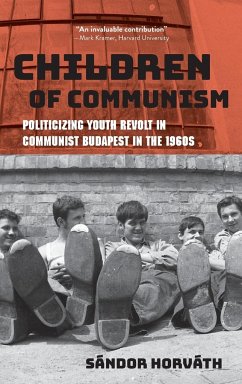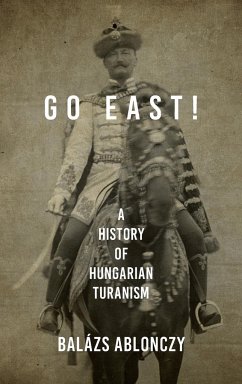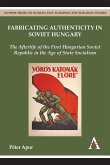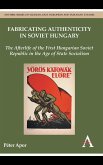As the sun set on June 8, 1969, a group of teenagers gathered near a massive tree in a main square of Budapest to mourn the untimely death of Rolling Stones guitarist Brian Jones. By the end of the evening, sirens blared, teens were interrogated, and the myth of the most notorious juvenile gang in Budapest was born. The origin of the Great Tree Gang became an elaborately cultivated morality tale of the dangers posed by allegedly rebellious youths to the conformity of communist communities. In time, governments across Cold War Europe manufactured similar stories about the threats posed by groups of unruly adolescents. In Children of Communism, Sándor Horváth explores this youth counterculture in the Eastern Bloc, how young people there imagined the West, and why this generation proved so crucial to communist identity politics. He not only reveals how communism shaped youth culture, but also how young people shaped official policy. A fascinating read on the power of youth protest, Children of Communism shows what life was like for the first generation to have been born under communism and how one evening spent grieving rock and roll under a tree forever changed lives.








